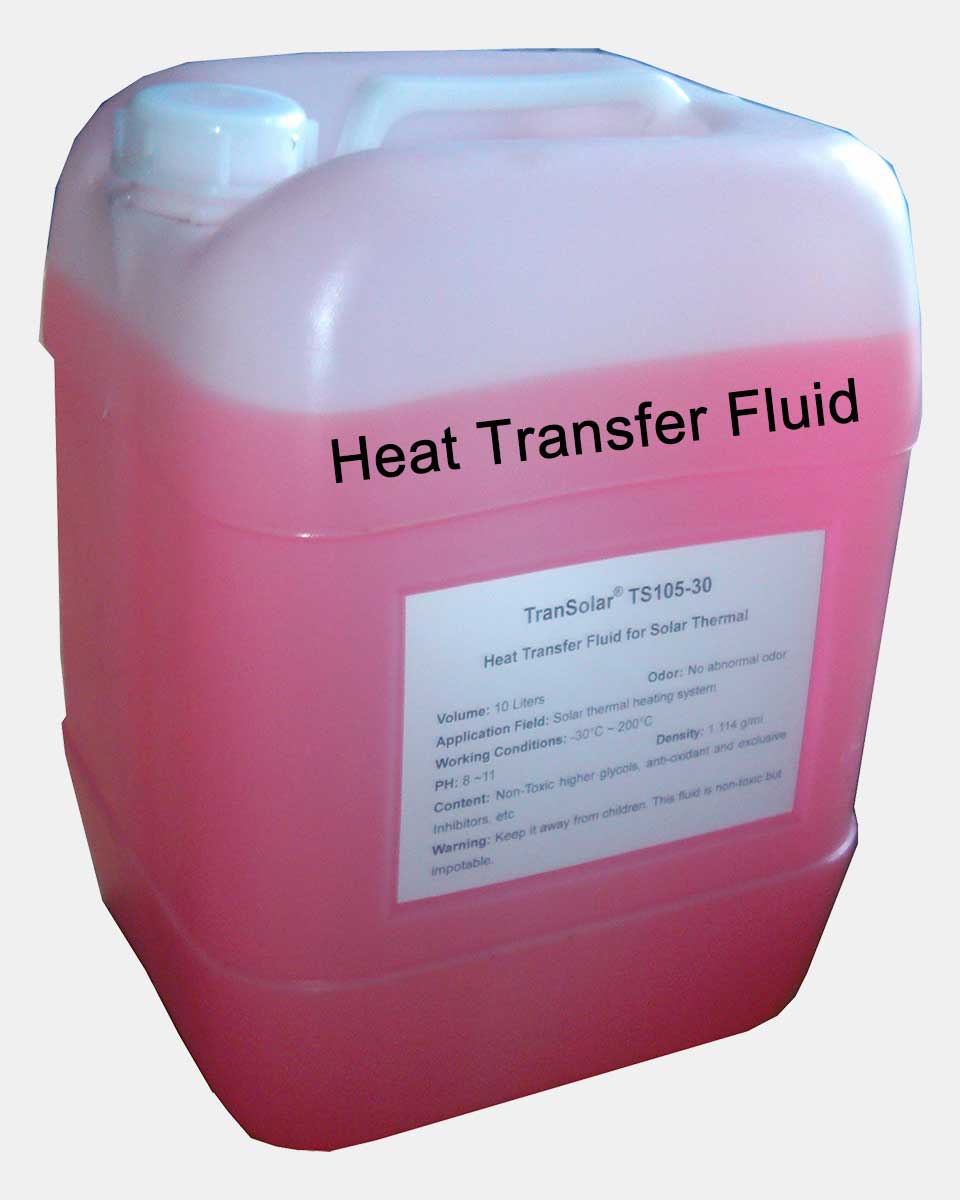Why Normal Maintenance of Heat Transfer Fluid is Critical for System Durability
Why Normal Maintenance of Heat Transfer Fluid is Critical for System Durability
Blog Article
Why Warm Transfer Fluid Is Essential for Optimizing Energy Transfer in Equipment
The duty of warmth transfer fluids in maximizing power transfer is critical for attaining reliable thermal monitoring across numerous industrial markets. These liquids assist in smooth heat exchange, guaranteeing processes run within ideal temperature varieties and reducing the threat of getting too hot.

Duty in Thermal Administration
Heat transfer fluids play an important function in thermal management by successfully controling temperature levels in various commercial procedures and systems. These specialized liquids promote the transfer of warmth in between different elements, making sure optimal operating conditions and avoiding getting too hot. By keeping specific temperature control, heat transfer fluids enable sectors such as chemical manufacturing, oil and gas, and power generation to operate securely and effectively.
The option of an ideal warm transfer fluid depends on a number of elements, including thermal security, heat capability, and thickness. High thermal stability makes sure that the liquid can stand up to severe temperature levels without weakening, while a high warm ability allows it to take in and release considerable quantities of heat - heat transfer fluid. Low viscosity reduces the power needed for pumping, adding to total system effectiveness
Furthermore, warm transfer liquids are integral in applications like refrigeration, where they aid absorb and dissipate warm during the cooling cycle. In solar thermal power systems, these liquids capture and transport solar warmth to generate electrical power or give warm water. Their flexibility to varied operating problems and capacity to preserve constant thermal performance emphasize their significance in industrial thermal management, assisting in operational connection and enhancing safety and security procedures.

Enhancing System Performance
To maximize the benefits of thermal management, enhancing system effectiveness through the tactical use warmth transfer fluids is paramount. These liquids play a critical role in optimizing energy transfer by helping with regular thermal guideline, which consequently influences the overall performance and durability of systems. Effective warmth transfer causes lessened energy losses, decreased functional prices, and improved integrity of devices. By maintaining optimal temperature level levels, warmth transfer fluids help make certain that systems run within their designed criteria, consequently protecting against overheating and decreasing the threat of component failure.

Kinds Of Heat Transfer Liquids
The variety of heat transfer liquids highlights their vital role in an array of industrial applications, each tailored to fulfill specific thermal management demands. These fluids assist in reliable energy transfer and are chosen based upon crucial residential properties such as thermal stability, thickness, and warm capability. The main kinds include water, glycol solutions, oils, and synthetics, each offering distinctive advantages.
Water is the most common warmth transfer medium due to its high certain warm capability and reduced price. Its usage is restricted by its freezing and steaming points. Glycol mixes, frequently used in HVAC systems, give a lower freezing factor, adding convenience in different climates. Mineral oils are preferred for their thermal stability and non-corrosive visit this site right here nature, making them ideal for high-temperature applications.

These liquids make certain exceptional performance in systems where standard liquids might stop working. Click This Link The choice of a heat transfer fluid is vital, as it affects system effectiveness, security, and durability.
Environmental and Economic Perks
Utilizing the appropriate warm transfer fluids uses substantial ecological and economic advantages for commercial operations. Ecologically friendly warmth transfer fluids, usually naturally degradable and non-toxic, lessen the risk of dirt and water contamination in the event of leakages or spills, thereby safeguarding environments and complying with rigid environmental guidelines.
Economically, the ideal heat transfer fluid can significantly minimize functional costs. Reliable heat transfer minimizes power expenditure, causing reduced utility expenses and boosted success. In addition, fluids with prolonged lifecycle efficiency decrease the frequency of substitutes and upkeep, lowering downtime and associated expenses. Purchasing premium liquids can additionally mitigate the danger of devices deterioration and failure, avoiding expensive repair services and expanding the lifespan of crucial facilities. In open markets, these financial savings and efficiencies offer an unique benefit, enabling firms to allot resources better and buy more technology. Generally, the calculated use optimum warmth transfer liquids sustains lasting economic growth and environmental stewardship.
Picking the Right Liquid
Just how does one navigate the complicated procedure of selecting the ideal warmth transfer fluid for commercial applications? Thermal security ensures the liquid can hold up against high temperatures without breaking down, while compatibility prevents corrosion or other damaging responses with system components.
Furthermore, the liquid's warmth capacity and viscosity are critical. A high warmth capacity allows the fluid to take in and move more energy, enhancing efficiency. Ideal viscosity makes sure marginal pump job and reliable warmth transfer, specifically in differing temperature levels. Environmental and safety aspects should also belong to the decision-making process. Non-toxic, naturally degradable fluids decrease environmental effect his comment is here and abide by regulative requirements, lessening obligation dangers.
Conclusion
The strategic choice and application of heat transfer liquids are fundamental to maximizing power transfer across different systems. By guaranteeing high thermal security and capacity, these fluids supply accurate temperature level control and improve overall system efficiency. This optimization contributes to reduced functional expenses and lower greenhouse gas exhausts, therefore advertising sustainability. The option of fluid, customized to particular viscosity and functional demands, is essential for optimizing performance and attaining economic and ecological benefits in commercial processes.
Report this page